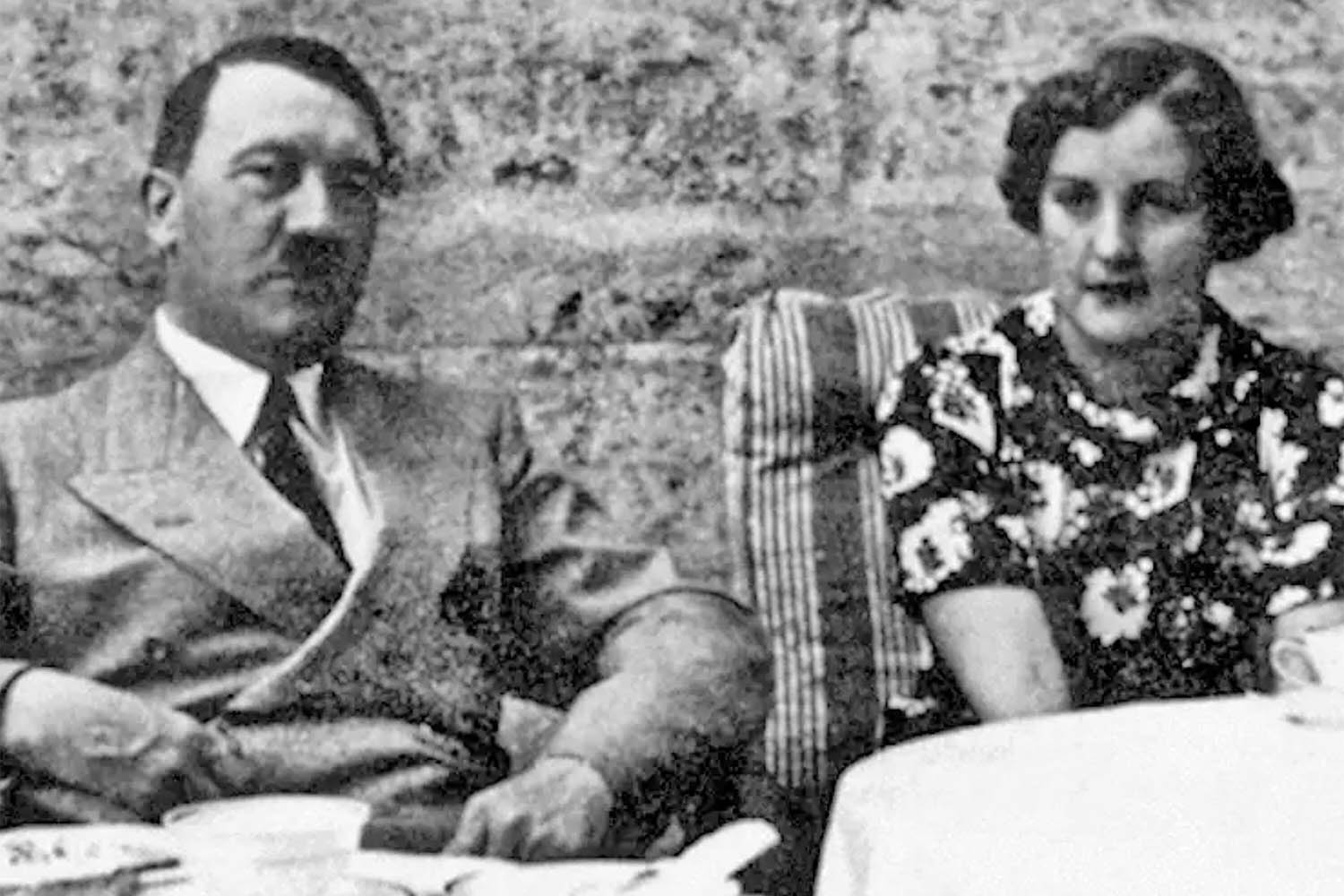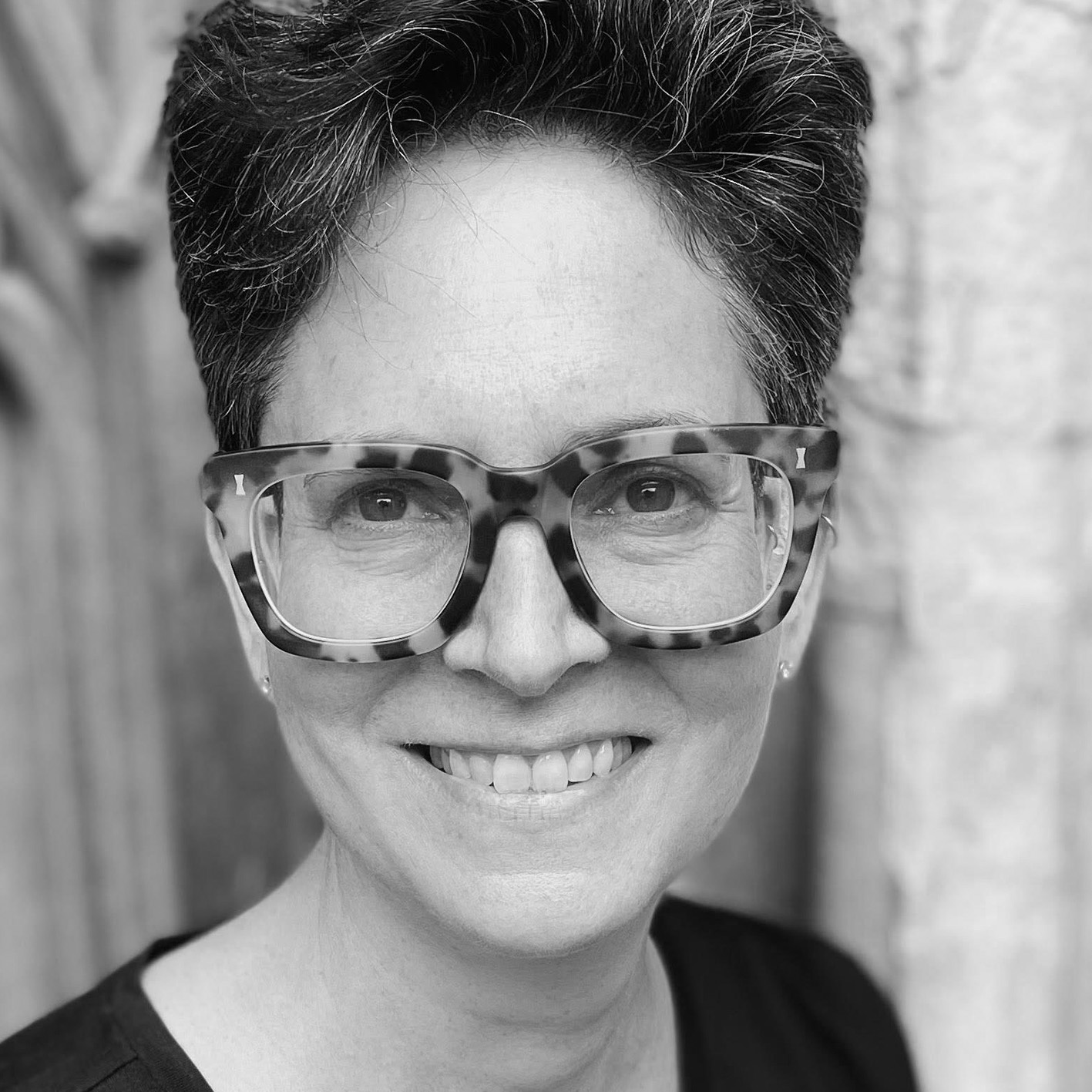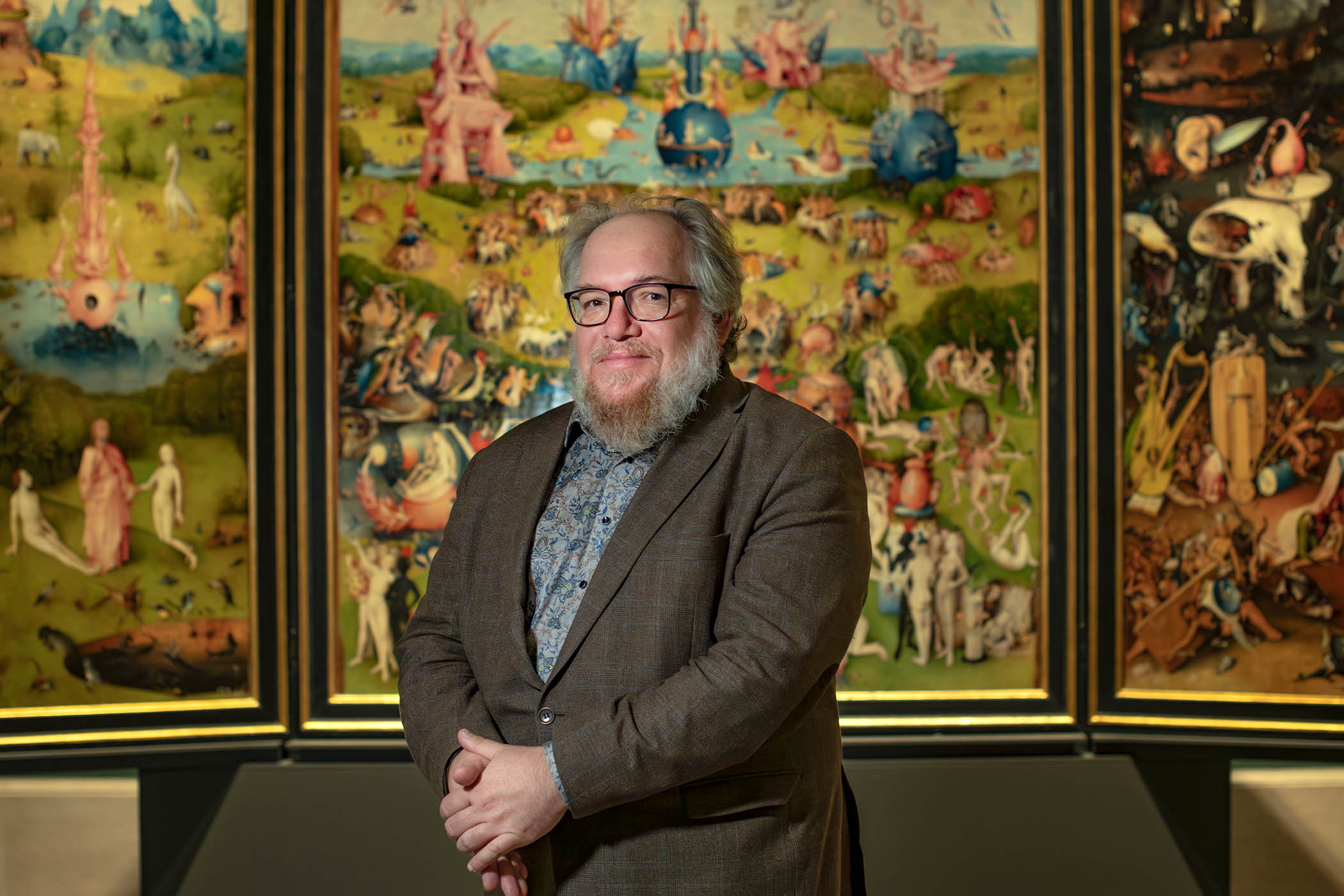Enough with the Mitfords already. We are still, it seems, in thrall to U and non-U. In 1954 Nancy Mitford – eldest of the six Mitford sisters, whose 1945 novel The Pursuit of Love brought her enduring literary fame – published an essay in Encounter magazine in which she laid out the linguistic rules which revealed whether you were upper class or – well, not upper class. A pleb. Time to scrub yourself down? Better say you “had one’s bath” rather than that you “took a bath” – didn’t you know the latter was shockingly common? Sure, it was presented as tongue in cheek. Though let’s not forget, fun fact, that Encounter was funded by the CIA.
And yet – as Outrageous, the new drama based on The Mitford Girls by Mary S Lovell is due to hit the small screen – our obsession with these aristos threatens to keep us bound to a fantasy vision of the past. Oh, I know it’s only telly, only a bit of glam. Nancy, Pamela, Diana, Unity, Jessica, Deborah – there they are in their debutante satins, charming us with porcelain skin and nimble prose.
Full disclosure: I knew “Debo”, the youngest of the flock, a bit. “Devonshire, the Duchess of (Deborah)” appears in my old address book from my days as literary editor of The Times; I’d list folks’ special subjects, and hers were “the Mitfords, country houses, country life”. I’d fax my book- review requests to Chatsworth, the grand country house of which she was chatelaine. She was a delight to work with. But the Mitford story is odd and dark.
Bessie Carter plays Nancy in the new series; of course, she’s got to go all in on 21st-century themes of autonomy and general feistiness. “They were definitely women who didn’t want to just do the debutante balls,” Carter told the Radio Times. “They wanted to work and to exercise their brains.” She calls them “modern women, they were really progressive. They always asked: ‘Why can’t I do that?’ ”
Why indeed. Why not sit down with Herr Hitler and take a cup of tea at Bayreuth, as Unity did in 1936? Why not marry Oswald Mosley, leader of the British Union of Fascists, as Diana did – also in 1936, the same year as the Berlin Olympics and the reoccupation of the Rhineland? This is quite the double act.
Nancy was a moderate socialist but still attended her sister’s wedding at the home of Joseph Goebbels, Hitler’s propaganda minister.
In 2015 the novelist Jane Thynne wrote: “Of all the Mitford eccentricities, it is Unity’s obsession with Adolf Hitler that lingers longest in the national consciousness.” Can we agree that “eccentricities” is doing a lot of heavy lifting there?
Television can too easily impart a glossy, nostalgic sheen to the past: I think of the breeziness of The Durrells some years ago, frothily adapted from Gerald Durrell’s books about the family’s life on Corfu – the darker dynamics of that clan were not in evidence. But another issue is simply a wish to move on.
Related articles:
It’s been a while since I’ve seen something on TV with the energy of Michaela Coel’s I May Destroy You – courageous, strange, wholly new.
How might Yael van der Wouden’s The Safekeep – the winner of the 2025 Women’s Prize fiction book of the year – be adapted for the small screen? Rosy-hued dramas set in an imagined past (“this England with its wild nostalgia for an imaginary golden age when all attitudes were Anglo-Saxon and all English skins were white”, as Salman Rushdie wrote in his novel Quichotte) effect a kind of shelf-blocking, crowding out the space that could be available for new work.
Newsletters
Choose the newsletters you want to receive
View more
For information about how The Observer protects your data, read our Privacy Policy
Dear Mitford gels, please do shove over – you’ve had your turn, and now it’s time to move on.
Photograph by Alamy Images



